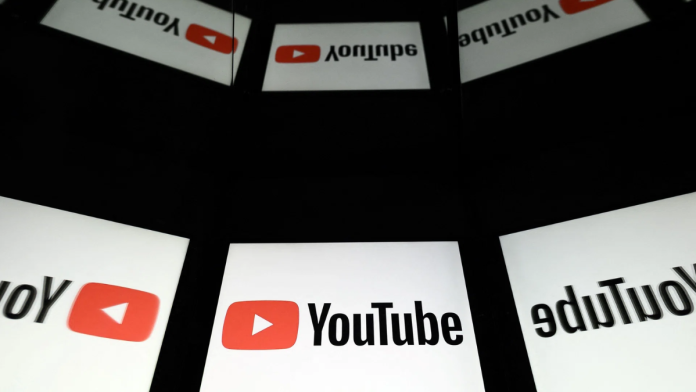YouTube has agreed to pay a massive $24.5 million to settle a lawsuit filed by President Donald Trump after his account was suspended from social media platforms. This payment marks the end of legal disputes between Trump and the three largest social media companies in the United States.
The lawsuit focused on the removal of his account following the events on January 6, 2021. The platforms involved, including YouTube, Meta, and X (formerly Twitter), said that posts from Trump’s account could lead to dangerous situations and potentially incite violence. The case has attracted attention because of the size of the settlement and the broader debate about free speech on social media.
YouTube, which is owned by Alphabet, is set to pay $22 million to the Trust for the National Mall, a nonprofit organization dedicated to restoring and preserving the National Mall, including supporting projects like the White House State Ballroom. An additional $2.5 million will go to other organizations, such as the American Conservative Union, that were also part of the lawsuit.
DJI remains on U.S. government list of companies linked to China’s military after lawsuit
When asked for comment, YouTube referred media to the official court documents. The payment represents a significant moment, as it completes settlements with the three big tech platforms that had been sued by President Trump.
Background: The Lawsuit and Suspensions
The legal case began after suspensions from multiple social media platforms. Twitter/X, Meta, and YouTube had all removed Trump’s accounts, citing concerns that his posts could contribute to further unrest. Legal experts initially said that similar lawsuits usually fail because private companies have the right to manage their platforms.
Despite this, settlements have now been reached with all three companies. Previously, Meta, led by CEO Mark Zuckerberg, agreed to pay $25 million, and X, under the ownership of Elon Musk, settled for around $10 million. With YouTube’s settlement, led by CEO Sundar Pichai, the series of agreements is now complete.
Trump’s $15 billion lawsuit against The New York Times dismissed by federal judge
The payments are divided between nonprofit organizations connected to national landmarks and conservative advocacy groups. These organizations will use the funds to support their projects and activities.
The lawsuit drew widespread attention because it involved the balance between free speech and the responsibility of platforms to prevent harm. Social media companies have traditionally maintained that they can decide what content stays or is removed on their platforms.
Reinstatement and Social Media Changes
After the initial suspensions, the accounts on these platforms were reinstated over the past few years. X/Twitter reinstated Trump’s account after Elon Musk acquired the platform in late 2022. Meta restored his access in early 2023, followed by YouTube shortly after.
Oregon files federal lawsuit to block Trump’s troops — cites 10th Amendment and abuse of power
This shift coincides with broader changes in social media approaches to content moderation. Platforms are now showing more willingness to allow voices that were previously restricted. YouTube has also recently announced that it will restore certain accounts that were banned under rules now no longer in effect. These rules were originally meant to limit repeated posting of misinformation, including topics about elections.
In its announcement, YouTube emphasized that it values conservative voices and believes these creators play an important role in public conversations. This approach shows a notable change from the stricter moderation policies that were in place in the past.
The settlement has already drawn attention on social media platforms, where President Trump celebrated the outcome. The payout and the way it is divided among nonprofit organizations make it a unique case in the ongoing debate over social media moderation and political influence.


